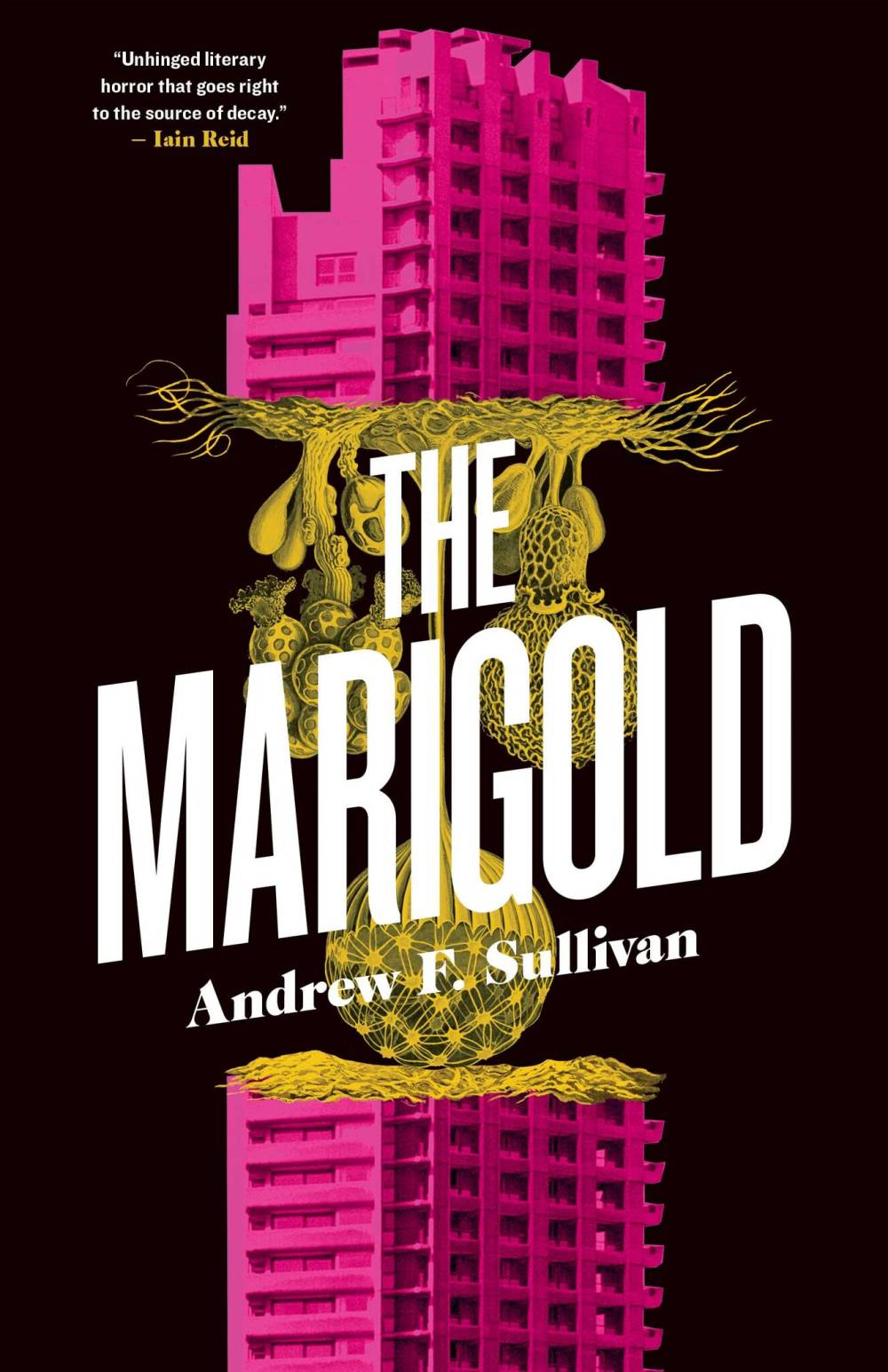Ooze the boss
Sentient slurry takes over Toronto in creepy dystopian satire
Advertisement
Read this article for free:
or
Already have an account? Log in here »
To continue reading, please subscribe:
Monthly Digital Subscription
$0 for the first 4 weeks*
- Enjoy unlimited reading on winnipegfreepress.com
- Read the E-Edition, our digital replica newspaper
- Access News Break, our award-winning app
- Play interactive puzzles
*No charge for 4 weeks then price increases to the regular rate of $19.00 plus GST every four weeks. Offer available to new and qualified returning subscribers only. Cancel any time.
Monthly Digital Subscription
$4.75/week*
- Enjoy unlimited reading on winnipegfreepress.com
- Read the E-Edition, our digital replica newspaper
- Access News Break, our award-winning app
- Play interactive puzzles
*Billed as $19 plus GST every four weeks. Cancel any time.
To continue reading, please subscribe:
Add Free Press access to your Brandon Sun subscription for only an additional
$1 for the first 4 weeks*
*Your next subscription payment will increase by $1.00 and you will be charged $16.99 plus GST for four weeks. After four weeks, your payment will increase to $23.99 plus GST every four weeks.
Read unlimited articles for free today:
or
Already have an account? Log in here »
Hey there, time traveller!
This article was published 15/04/2023 (932 days ago), so information in it may no longer be current.
In a Toronto ravaged both by increasingly extreme weather events and rampant, reckless development, something sinister is bubbling up from the depths.
Such is the reality the seemingly disparate characters in Andrew F. Sullivan’s latest novel, The Marigold, find themselves trapped within. The timelines of gig economy hustlers, latch-key kids, embattled public health workers and heirs to development empires intertwine as The Wet pushes itself up from the sewers and sinkholes into apartments and luxury condos as the Big Smoke crumbles under rising lake waters, aging infrastructure and generational greed.
Sullivan — who explores a similarly dystopian stand-in for Hamilton in his debut novel, 2016’s Waste, and whose short-stories similarly feature everyday folks stuck in horrific circumstances — is an expert at weaving disturbing tales. Built on a foundation laid by the likes of J.G. Ballard, David Lynch and Timothy Findley (among others), with shades of Robocop or William Gibson’s Bridge trilogy, The Marigold is not only a scathing critique of development and technology run amok, but an entertaining, if somewhat nauseating ride into the dark heart of The Six — or any major 21st-century North American city, for that matter.

Eden Boudreau photo
Andrew F. Sullivan’s entertaining new novel is a scathing critique of development and technology run amok
“It was easier to write a new development off as a sexual aberration than confront the overwhelming evidence, gathering in the ravines and beneath the bridges of each borough, that there weren’t enough places to live, that the city could not contain its multitudes and would rather have them rot than see them housed,” Sullivan writes, as Stanley Marigold stares down from the penthouse of the family’s namesake luxury tower into the gaping pit from which its even larger sister tower is meant to rise.
Things don’t go well for Stanley… or anyone else, really. While Sullivan crafts his characters empathetically, he makes no bones about killing his darlings — if killing is even the right word. The Wet, it seems, not only feeds off the bodies of Toronto’s dead, but incorporates them into an amorphous slurry that, through some unhappy accident or ill-advised biotechnological tinkering, has gained a semblance of sentience.
“The Wet was here inside the tower,” Stanley acknowledges, to his perverse delight, “it was no longer a rumour or a ghost. A great and powerful thing. A collated collection of souls and memories, all bleating to become one.”
“An organic cult,” as Cathy, a public health worker gone rogue, realizes after it’s far too late.
As the timelines all converge, The Marigold begins to feel a little rushed. Characters die or disappear into the growing Wet and the others — their friends, coworkers, sons, lovers — just keep going. Perhaps that’s a sign of the fast pace with which things are changing and the need to adapt or survive. But it can be jarring, cold as the rising waters of Lake Ontario.
For those with stomachs for putrescence and biting satire, The Marigold, warts and all, is a dark delight and a fine addition to a burgeoning Canadian horror and speculative fiction scene. Those whose appetites aren’t turned by this strange, sordid tale won’t have long to wait to sate themselves, as Sullivan has another horror novel forthcoming this summer — The Handyman Method, co-written by Nick Cutter (the genre-specific pseudonym of CanLit vet Craig Davidson).

The Marigold
In the meantime, readers may want to be extra vigilant of the mold creeping up from their drains.
Sheldon Birnie is a reporter and writer from Winnipeg, whose collection of short-fiction, Where the Pavement Turns to Sand, is forthcoming this fall.

